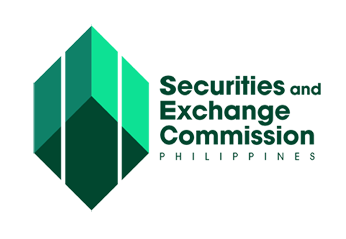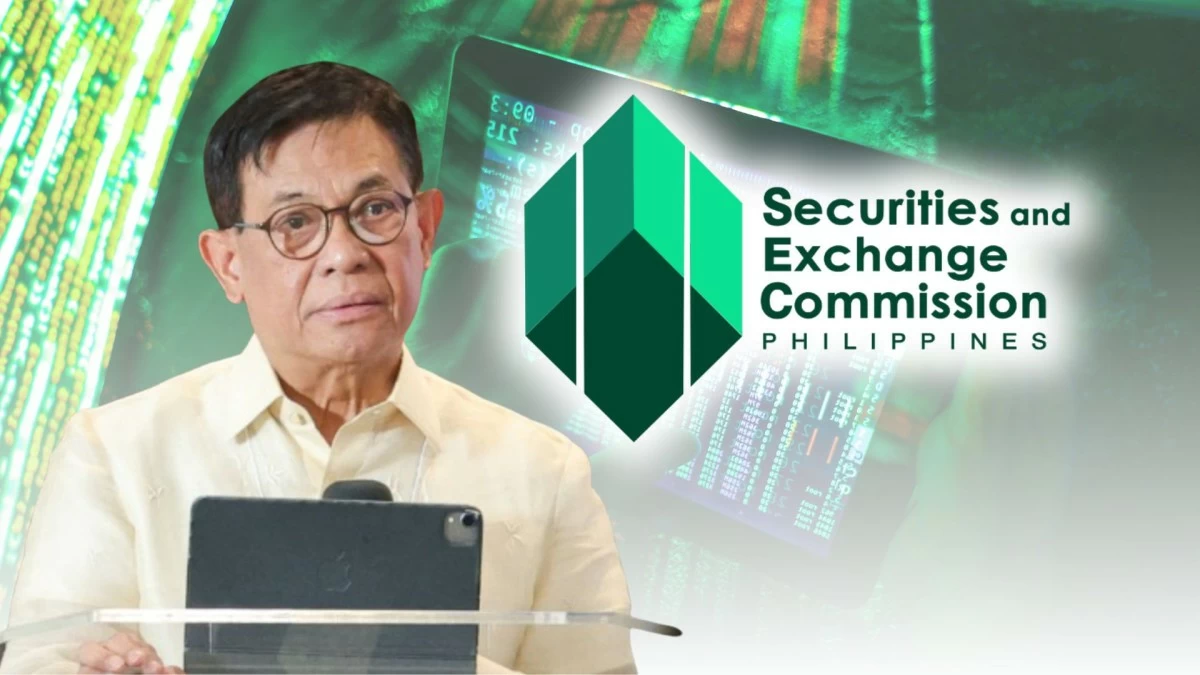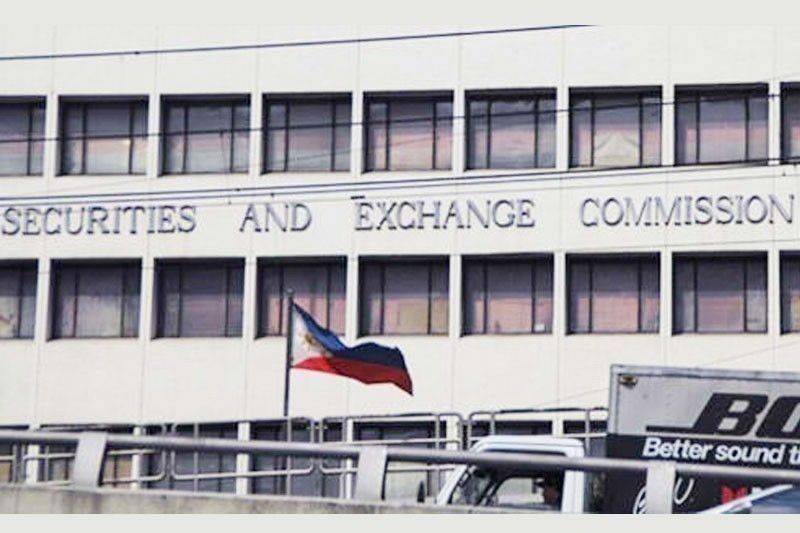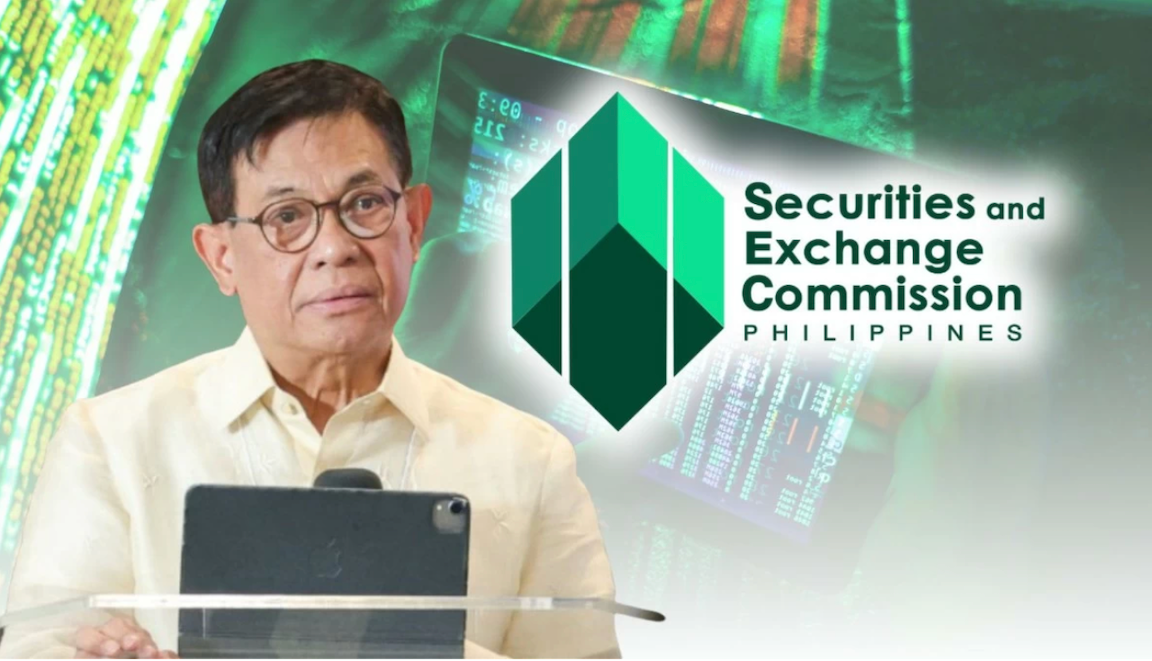By Edielyn Mangol, Reporter
In a bold move aligning with global transparency standards, the Philippines’ Securities and Exchange Commission (SEC) has recently voiced its support for lifting strict bank secrecy provisions.
The reform, currently under consideration in Congress, aims to grant regulators streamlined access to banking data in cases of suspected fraud, market manipulation, or corruption. By lowering barriers to financial intelligence, the SEC argues that such changes will strengthen its enforcement posture and restore investor confidence in the Philippine capital markets.
This proposed shift comes amid growing pressure from international watchdogs and domestic stakeholders who contend that current confidentiality rules sometimes obstruct anti-money laundering (AML), anti-corruption, and securities enforcement efforts.

Below, we examine the rationale behind the SEC’s position, key implications for enforcement, and potential risks to address:
Rationale for easing bank secrecy
1) Enhancing regulatory oversight — One of the SEC’s primary arguments is that existing bank secrecy rules — embodied in Republic Act 1405 — can hamper efficient enforcement. Under current law, the SEC often requires separate court orders to obtain a company’s bank statements, slowing investigations into insider trading, misrepresentation, or other securities violations. By relaxing these confidentiality constraints — especially in cases with “reasonable grounds” to suspect illicit activity — regulators like the SEC and the Bangko Sentral ng Pilipinas (BSP) could proactively probe irregular transactions and trace fund flows more effectively. This more direct access aims to close loopholes that bad actors exploit to conceal misconduct.

2) Aligning with global expectations — Beyond domestic enforcement concerns, the SEC frames the bank secrecy reform as part of the broader effort to meet international standards on financial transparency. The International Monetary Fund, the Organization for Economic Cooperation and Development, and the Financial Action Task Force (FATF) have identified overly rigid confidentiality regimes as vulnerabilities in anti-money laundering frameworks.

In recent years, the Philippines has seen increasing scrutiny over how bank secrecy may impede financial crime investigations. Lifting portions of the law could further signal to foreign and domestic investors that Philippine capital markets are committed to transparency, accountability, and fair play.
Impacts on enforcement and market confidence
1) More swift investigations — If granted legal authority to access bank account records without the usual court process in credible cases, the SEC could execute more agile probes. This could shave off weeks or months in obtaining financial documentary evidence, accelerating enforcement timelines and reducing opportunities for suspects to interfere with trails or destroy evidence.
Such enhancements are especially relevant in cross-border or complex securities fraud cases, where time is of the essence and delay can undermine deterrence. The ability to trace fund flows promptly may also strengthen coordination with international agencies.
2) Boost to investor confidence — Market actors often cite corruption and opacity as key deterrents to investment. The SEC underlines that easing bank secrecy could send a clear message that Philippine capital markets are governed by transparency and accountability.
For institutional and foreign investors particularly sensitive to risk, stronger regulatory teeth may tip the balance toward renewed or increased market participation. Over time, better enforcement may deter misconduct and reduce the risks of scandals that erode investor trust.
Risks and safeguards needed
However, loosening bank secrecy is not without perils.
Privacy rights, data misuse, overreach, and reputational exposure are legitimate concerns. Without robust procedural safeguards, granting regulators sweeping powers could lead to abuse or a chilling of lawful activity.

To mitigate this, the law must clearly define thresholds for “reasonable suspicion,” oversight mechanisms, judicial review or appeal rights, and strict limits on the scope and duration of data access.
Transparent protocols for handling sensitive information and accountability systems must accompany any reform.
Legislative landscape and next steps
- Pending bills and institutional role — Currently, several proposals before the House of Representatives aim to amend RA 1405 to permit regulators such as the BSP to examine deposits when there is credible cause for suspicion of fraud or serious irregularity.

Francisco Ed. Lim — The Securities and Exchange Commission / BW file photo
The SEC has already expressed optimism that easing bank secrecy — particularly in cases involving securities law violations — will significantly enhance enforcement. The BSP may also gain parallel authority under the revised regime to probe suspicious banking activity tied to systemic or financial stability risks.
Implementation and collaboration
Once passed, implementation must be managed carefully. Regulators will need new internal policies, training, and secure IT infrastructure to handle sensitive data. Interagency coordination — among the SEC, the BSP, the Anti-Money Laundering Council, and courts — will be vital to ensure consistency and avoid jurisdictional friction.
Public awareness campaigns, stakeholder consultations, and phased rollouts may help balance reform urgency with safeguards. The legislature may also consider sunset clauses, periodic reviews, and reporting requirements to ensure accountability.

Toward a more transparent market
Given the persistent challenges of corruption, opaque financial flows, and regulatory delays, the SEC’s support for lifting parts of the bank secrecy law signals a turning point.
If enacted with balanced safeguards, the reform could modernize enforcement, deter malfeasance, and strengthen investor trust in Philippine capital markets.








